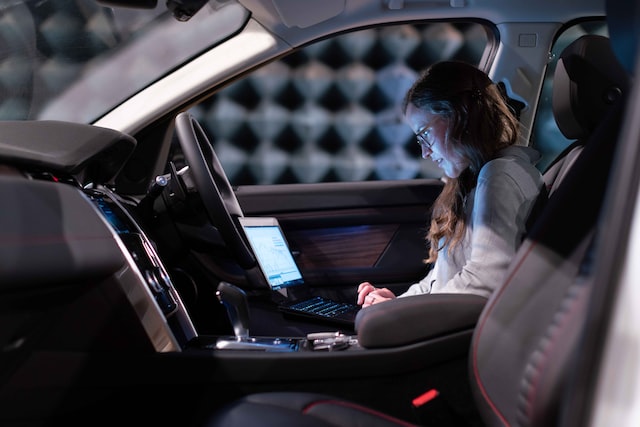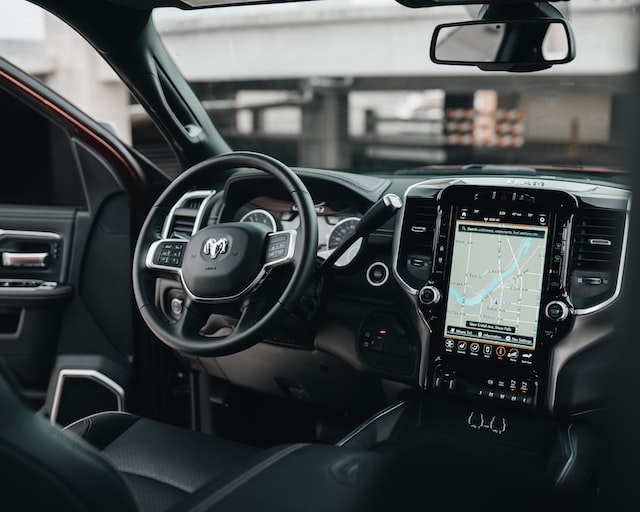Compared to traditional cars, self-driving vehicles have numerous benefits. In addition to the convenience, they are also less expensive, reliable, and less likely to get into accidents.
Reduced Accidents
Whether or not you are for or against driverless cars, you will probably have to agree that they can reduce accidents. According to one report, driverless cars can cut car accidents by one-third. This means that they can save a third of the lives that are lost in car accidents every year in the U.S.
The Insurance Institute for Highway Safety (IIHS) conducted a study that analyzed more than 5,000 police-reported crashes. They grouped these crashes into five categories. The most common were perceiving and sensing errors, which account for about 24 percent of collisions. They include distracted driving and failure to recognize hazards before it’s too late.
Researchers also found that a fully autonomous vehicle can identify a hazard better than a human driver. This may lead to reduced crashes due to fewer distractions.
Reduced Distracted Driving
Several companies are racing to put self-driving cars on the road. These technologies can reduce distracted driving and save lives. They include adaptive headlights, lane departure warning systems, and blind spot monitoring. They have the potential to prevent up to 1.86 million crashes a year.
A naturalistic study of over 3,000 drivers found that manipulating a phone while driving increased the risk of a crash. The same was true of texting. However, police crash reports do not capture these types of collisions.
Researchers have also found that driver distraction impairs hazard perception and vehicle control performance. This can lead to inattention blindness, a condition in which the driver fails to process information from objects in the roadway. Inattention blindness is especially common on curved roads and highways.
The best way to avoid these problems is to stop using a cellphone while driving. The National Highway Traffic Safety Administration estimates that 16% of all fatalities are caused by distracted driving.

Greater Dependability
Touted as the next big thing, the self driving car is on the upswing. The aforementioned TechCrunch claims there were 1,400 models on the road in the state of California alone. In the same vain, the federal government recently released revised voluntary guidelines for the self driving car industry. As for the state of the art, a lot of money is being spent on research and development. The most advanced models boast a suite of autonomous features, including lane keep assist and adaptive cruise control.
The big question remains, how do we best acquaint ourselves with the myriad vehicles in our midst? The answer lies in a well thought out strategy that incorporates not only research and development but also a strategic business plan and a well defined budget.
Reduced Costs
Various studies have been conducted on how automated vehicles will impact the congestion on our roads. Costs of congestion include delays in the transport of goods and travel time. Compared to other technologies, autonomous vehicles could reduce these costs significantly. They may also improve energy efficiency.
Several stakeholders should be aware of the implications of autonomous vehicles. These include road users, the economy, insurance industries, car repair centers, and more.
Research estimates that self-driving cars could save consumers thousands of dollars a year. The AVs would be safer, reducing the likelihood of a crash. This means less accidents and fewer traffic violations.
According to a study by Google, driverless cars have been involved in fewer than dozen crashes. This also means that they are cheaper to insure than a regular car. The resulting reduction in vehicle repair costs alone could save $180 billion in the US alone.
Negative Impacts On The Environment
Despite the potential benefits that driverless cars can bring, there are also negative impacts. These impacts need to be assessed to determine whether they can be avoided and minimized.
One of the most important factors that can affect the environmental impact of self-driving cars is emissions. These emissions depend on the size of the fleet, the travel demand, the volume of traffic, and the city environment. The type of fuel used by the car will also affect emissions.
Another factor that can affect the environmental impact of self-driving vehicles is congestion. Increasing the amount of traffic increases carbon dioxide emissions. Reducing traffic congestion will directly affect carbon emissions.
In addition, the increase in traffic could lead to longer driving times. This increases exposure to toxic chemicals. It also increases outdoor pollution.

